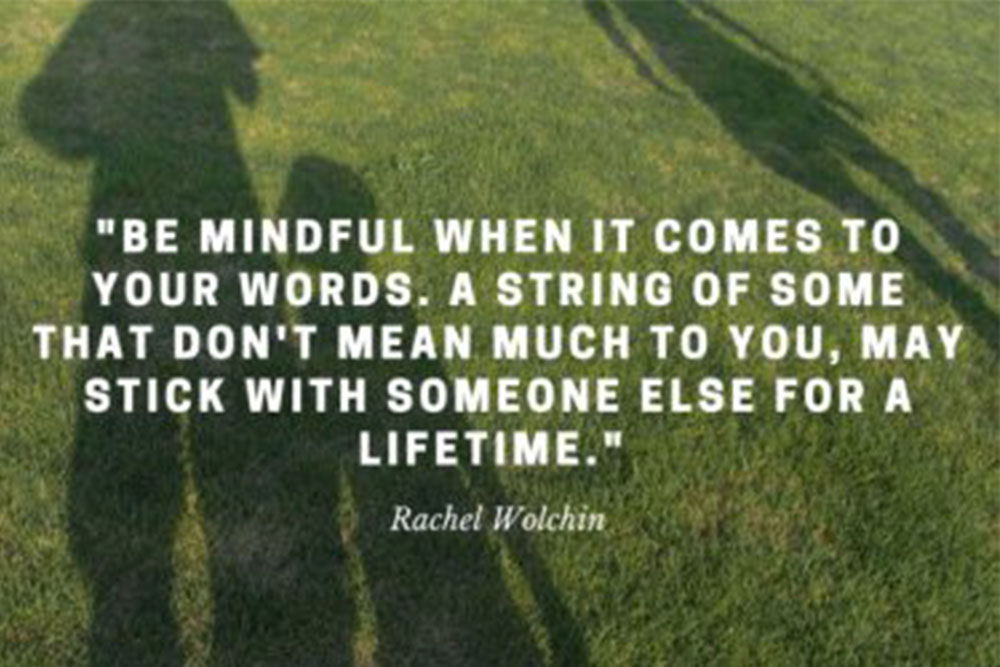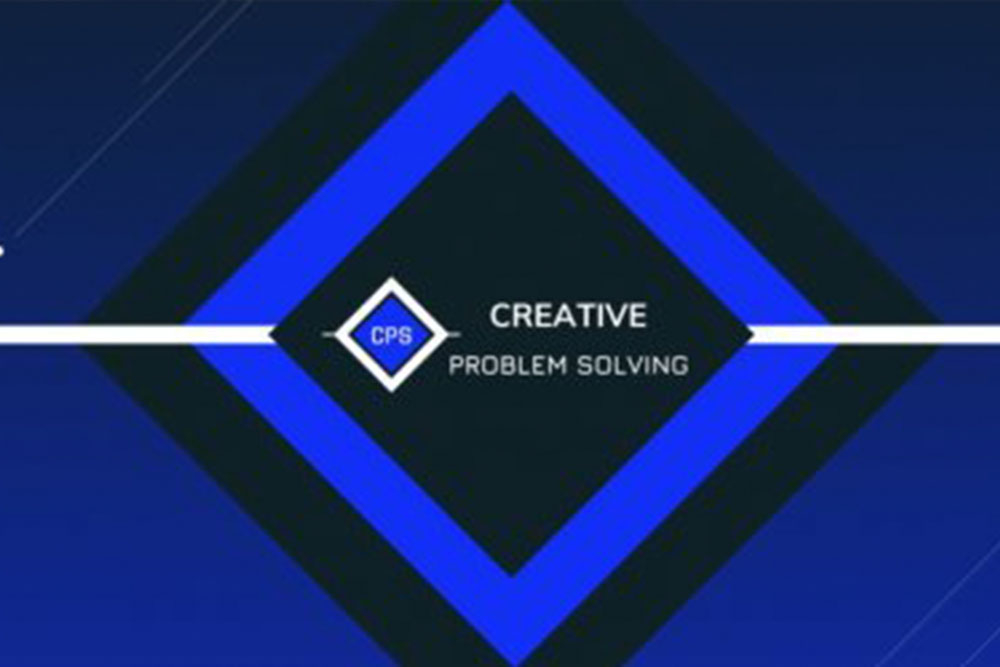
Poverty Thinking can become a barrier in a childs success
Posted On – 04 Jun, 22
Author – Vaishali Gupta
We’ve all experienced how words have the power to make or break our world. As adults when we start an introspection journey and get on a course of self healing, one realises how our childhood memories left their mark on our psyche, which then surfaced in our adult life. When I revisited my childhood, I too realised how there was lots lying inside to clean and heal. This gave me a deep insight how during the course of growing up, verbal and non verbal interactions with the outside world impact a child’s inner landscape. The injunctions and labels that children loosely receive from people around them in childhood, have a huge emotional and psychological bearing in shaping up their behaviour and self identity.
When I went on a self healing journey I realised how important it is for us (teachers, parents or even caregivers) to keep in mind that every word we speak, or action we make, the child is absorbing and getting impacted by them, knowingly or unknowingly. What we communicate to our children through our words, actions and beliefs can have far reaching consequences in shaping their personality and thinking. Many a times the words we loosely speak can be so scathing that we unknowingly scar the child for life. This gives us a very important message that we must live mindfully with children around.
Let me make it a little introspective for us. As a parent or a guardian, do you often use words like “I don’t have this or that.” “They have more than us “ or “We can’t afford to buy that!” Or “We’re so unlucky this happened to us” or “I don’t have the money to buy this.” If any of these statements resonate with you, then perhaps it’s time to do some serious introspection and recalibrate the vocabulary we use with our kids. If we always operate from scarcity, we might be laying the foundation of a thinking mindset that would become a potential barrier in the child’s personal growth and success. When we unknowingly highlight what we lack in our everyday conversations, we trigger fear, limitations, victimhood and poor self worth as some of the subconscious programs actively in the minds of our children. Psychologists and life coaches have often seen Poverty Thinking as one very common attribute that gets laid in a child’s psyche when parents communicate like this. It is extremely important for parents to keep a mindful check on the vocabulary they use
stay upto date
©2025 One Teacher One Scientist | All Rights Reserved



